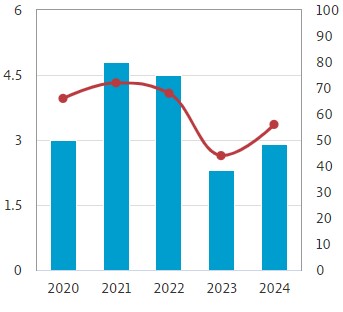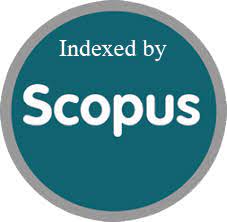Harnessing Sahaja Yoga Meditation to Advance SDG 3: Promoting Health and Well-being
Abstract
In today’s fast-paced world, individuals are increasingly driven by ambition, achievement, and material gain—often neglecting their inner well-being. Amidst this relentless pursuit, questions arise: Are we truly satisfied, relaxed, and healthy? The World Health Organization defines health as “a state of complete physical, mental and social well-being and not merely the absence of disease or infirmity” (WHO, 1948), a vision echoed in the United Nations’ Sustainable Development Goal 3 (SDG 3), which prioritizes holistic health for all. This review critically examines Sahaja Yoga Meditation (SYM) as a promising, evidence-based intervention to support SDG 3. Synthesizing findings from neuroscience, psychology, and educational research, the paper highlights SYM’s impact on stress reduction, emotional regulation, and mental well-being—particularly in adolescent and educator populations. The review further contextualizes SYM as a scalable, low-cost intervention aligned with SDG 3 targets, including mental health promotion, non-communicable disease prevention, and health equity. Policy implications and recommendations for curriculum integration, community outreach, and cross-sector collaboration are discussed to position SYM as a transformative tool in global health strategy.




